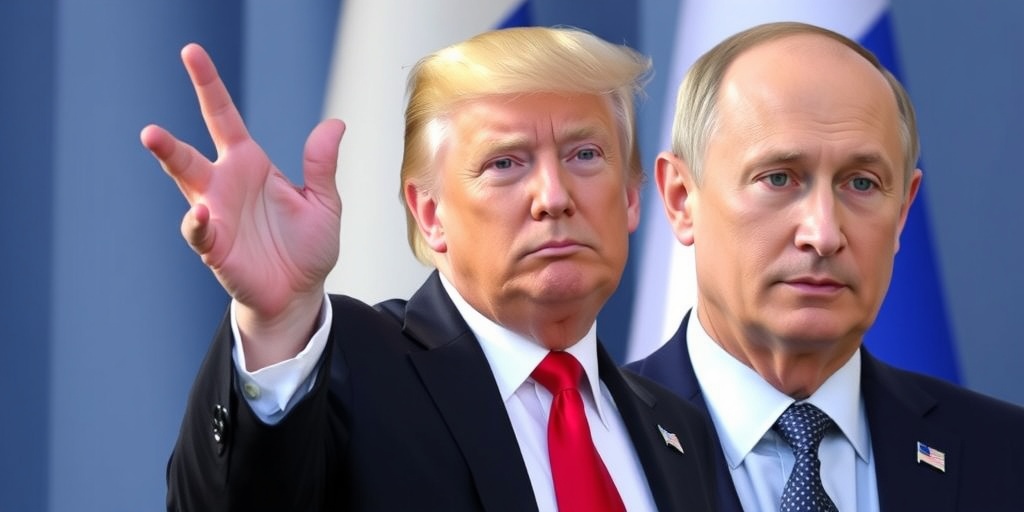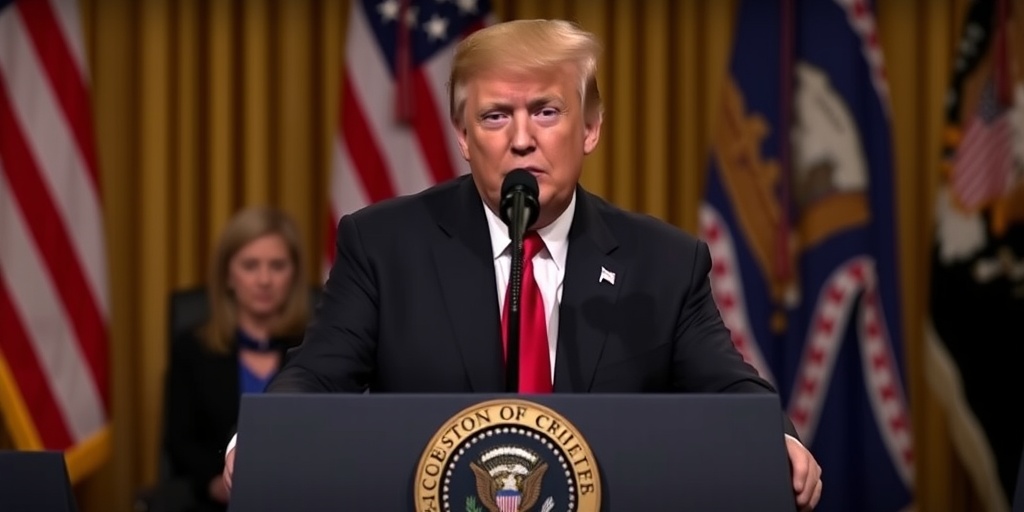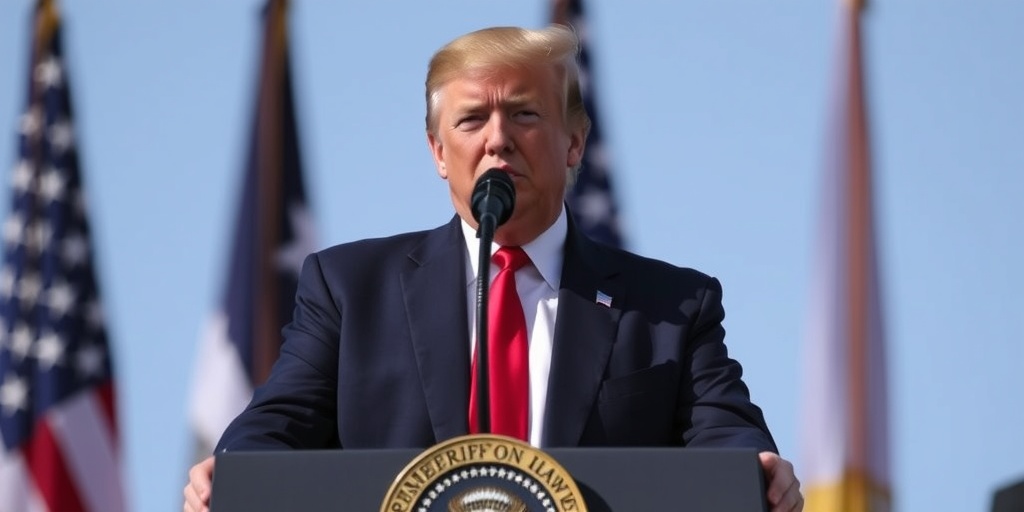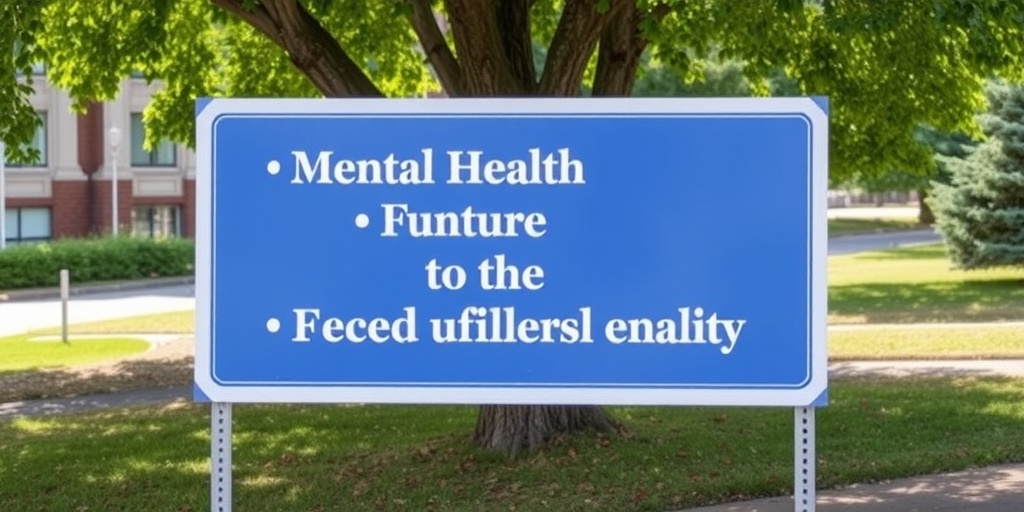Now Reading: Rubio: Ceasefire in Ukraine Possible in Days if Russia Complies
-
01
Rubio: Ceasefire in Ukraine Possible in Days if Russia Complies
Rubio: Ceasefire in Ukraine Possible in Days if Russia Complies
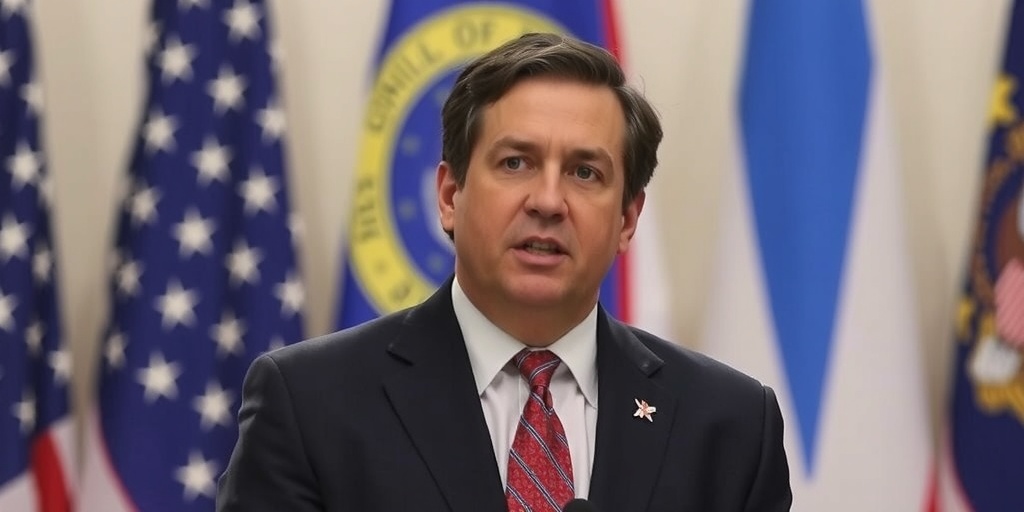
U.S. Secretary of State Marco Rubio Optimistic About Potential Cease-Fire Between Russia and Ukraine
In a recent statement from Ireland, U.S. Secretary of State Marco Rubio expressed hopeful sentiments regarding a potential cease-fire between Russia and Ukraine. Addressing reporters during a brief stopover en route to Canada from Saudi Arabia, Rubio mentioned that if Russian leaders were willing to engage, a halt to hostilities could occur within “days.” He underscored the necessity of ending violence to initiate meaningful dialogue: “The shooting stops, the fighting stops, and the talking starts,” he stated.
Rubio’s remarks come as he gears up for a Group of 7 (G7) meeting set to take place in Quebec City, Canada. His primary objective is to galvanize support among the allied nations for an end to the ongoing conflict, which has persisted in various forms since 2014 when Russia annexed Crimea, escalating further with a full-scale invasion in 2022.
In light of the recent tensions between the U.S. and its allies due to President Trump’s tariffs and controversial remarks about Canada, Rubio was cautious yet optimistic. He dismissed concerns about possible hostility from Canadian officials during his upcoming meetings, emphasizing that the diplomatic agenda would not revolve around trade disputes or Trump’s annexation claims. “That’s not what we’re going to discuss at the G7,” he noted, stressing the importance of focusing on joint efforts rather than past grievances.
During a previous meeting held in Jeddah, Saudi Arabia, Rubio, along with Michael Waltz, the White House national security adviser, engaged in discussions with Ukrainian officials to chart a path towards negotiations with Russia. After these talks, Ukrainian representatives disclosed that they had agreed to an American proposal for a 30-day interim cease-fire. This follows a tumultuous period in which President Trump had withheld vital U.S. assistance to Ukraine in an apparent effort to coerce them into negotiations. Following the recent discussions, U.S. aid has reportedly resumed.
Rubio indicated that U.S. officials planned to reach out to Russian counterparts to discuss the cease-fire proposal and gauge their willingness to respond positively. “If their response is no, it would be highly unfortunate, and it’d make their intentions clear,” he remarked, underscoring the significance of Russia’s engagement in the peace process.
The Secretary of State also noted that during a prior meeting with Russian officials in Saudi Arabia, there seemed to be an openness on their part to the notion of a settlement if the conditions were right. However, the specifics of those conditions remained undefined. As efforts continue to unify the stance of G7 countries— which include Britain, Canada, France, Germany, Italy, and Japan—all of whom are staunch supporters of Ukraine, Rubio outlined that a cohesive front will be crucial in urging Russia to consider peace talks earnestly.
Rubio articulated a vision for a successful outcome from the G7 meeting, wherein a consensus would be publicly announced affirming that U.S. initiatives have positively influenced the push for negotiations, hoping for strong language urging Russia to cease hostilities. He referenced the dire humanitarian impact of the conflict, emphasizing the need to prioritize measures such as the exchange of prisoners of war, addressing the plight of Ukrainian children allegedly abducted by Russian forces, and delivering humanitarian assistance.
As discussions evolve, concerns regarding Ukraine’s requests for long-term security assurances to deter future Russian aggression surfaced. Rubio acknowledged that deterrence would indeed be an integral component of any peace negotiations moving forward. He emphasized that any commercial arrangements between the U.S. and Ukraine, while potentially lucrative for Ukraine, should not be misconstrued as a deterrent against Russian actions.
Moreover, he highlighted that European nations’ commitments to security for Ukraine would necessarily feature in discussions, although it remains uncertain when those nations will elevate their involvement in negotiations. Discussing the issue of sanctions against Russia, Rubio stated that these would inevitably be raised in any potential negotiations, alongside the question of frozen assets.
Overall, as the G7 meeting looms, it presents a critical opportunity for diplomatic leaders to address multiple pressing issues stemming from the ongoing conflict in Ukraine, amid challenges posed by Trump’s often divisive foreign policy stance and tariff measures targeting allies. Rubio reiterated that the primary focus should remain on peace and stability, urging all parties to work collaboratively to secure a future devoid of violence.
As the diplomatic landscape in Quebec takes shape, a united front could become pivotal in swaying Russian intentions, fostering a climate conducive to lasting peace in a region that has, for too long, been marred by conflict. Both the path to negotiations and the future of international relations in the context of the Russia-Ukraine war hang in the balance as dialogue begins anew.
Stay Informed With the Latest & Most Important News
Previous Post
Next Post
-
 01New technology breakthrough has everyone talking right now
01New technology breakthrough has everyone talking right now -
 02Unbelievable life hack everyone needs to try today
02Unbelievable life hack everyone needs to try today -
 03Fascinating discovery found buried deep beneath the ocean
03Fascinating discovery found buried deep beneath the ocean -
 04Man invents genius device that solves everyday problems
04Man invents genius device that solves everyday problems -
 05Shocking discovery that changes what we know forever
05Shocking discovery that changes what we know forever -
 06Internet goes wild over celebrity’s unexpected fashion choice
06Internet goes wild over celebrity’s unexpected fashion choice -
 07Rare animal sighting stuns scientists and wildlife lovers
07Rare animal sighting stuns scientists and wildlife lovers













